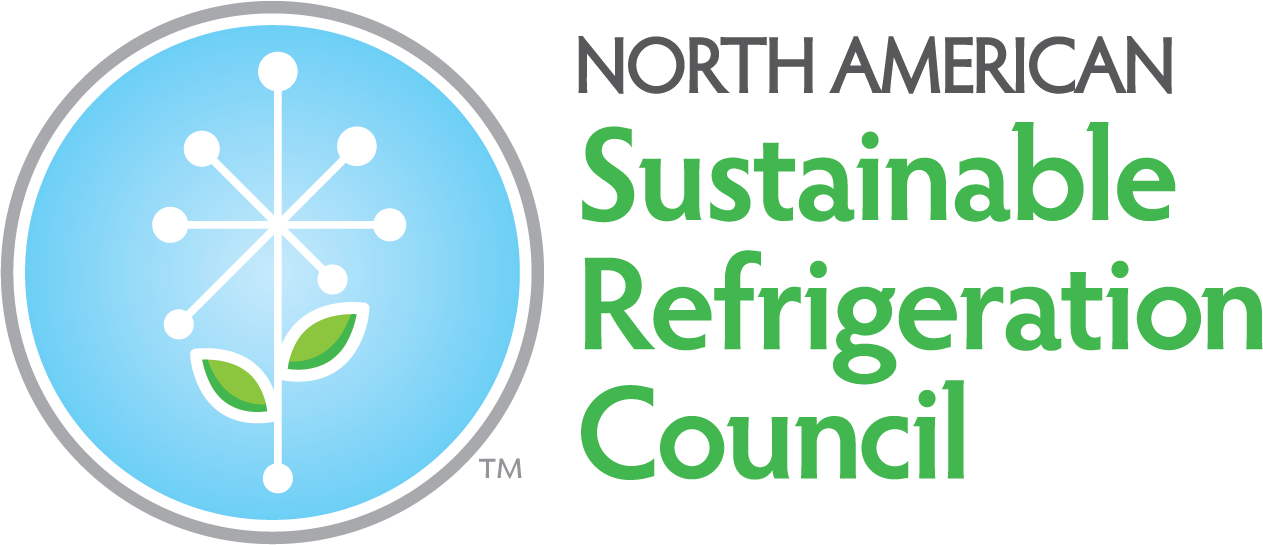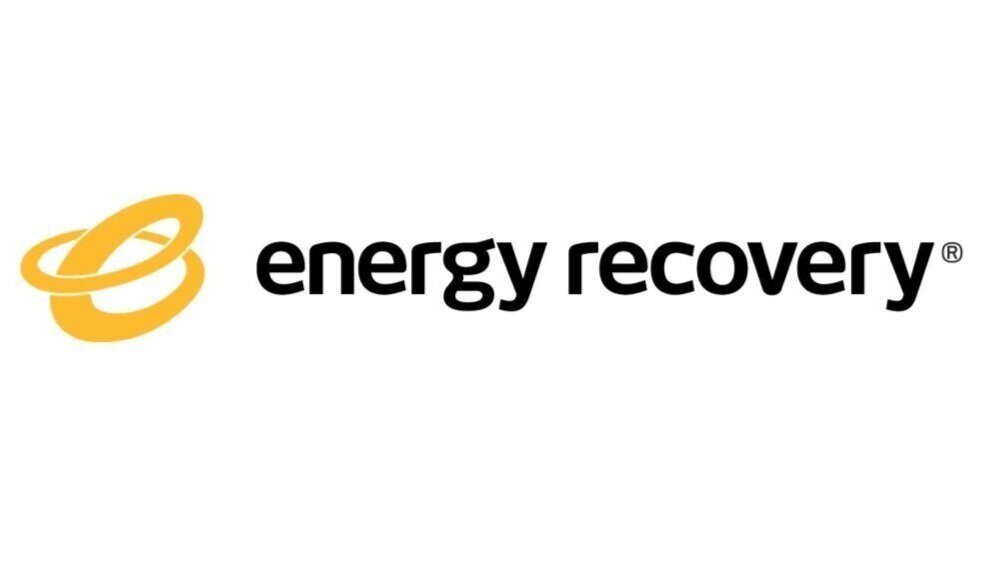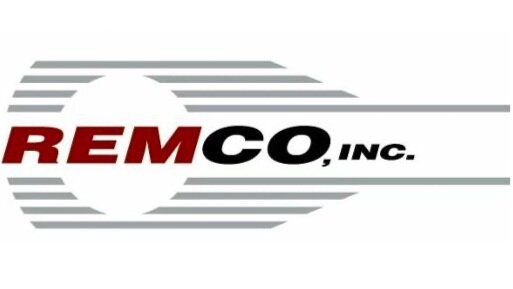Warwick, Rhode Island — Viessmann Refrigeration Solutions, an international manufacturer of remote and plug-in refrigeration cabinets, walk-in coolers, and refrigeration systems and accessories, has joined the North American Sustainable Refrigeration Council (NASRC) as a Silver Member.
NASRC is an action-oriented 501c3 nonprofit working in partnership with every sector of the supermarket industry to advance the use of natural refrigerants and address the barriers preventing their widespread adoption.
“Viessmann is a family-owned company, highly dedicated to develop and promote technology that reduces the carbon footprint of our customers. Our vision is “We create living spaces for the generations to come”, and the mission of NASRC to ensure natural refrigerants replace damaging HFC’s in refrigeration, aligns perfectly with our own values,” said Jørn Aalefjaer, Viessmann Business Development Director North America.
Commonly used hydrofluorocarbon refrigerants (HFCs) are extremely potent greenhouse gases growing faster than any other greenhouse gas on the planet. They trap heat in the atmosphere at thousands of times the rate of carbon dioxide (CO2).
Natural refrigerants, which include CO2, ammonia and hydrocarbons, have zero or near-zero global warming potential (GWP), making them a climate-friendly, future-proof alternative to HFCs. However, unique market challenges — such as upfront cost premiums, service readiness, and technology availability — have prevented the widescale adoption of natural refrigerants in US supermarkets.
The climate impact of HFCs has sparked a global transition away from legacy refrigerants. In Europe, for example, stringent regulations have accelerated the phase-out of HFCs, and natural refrigerants are becoming the new standard.
In the US, new regulatory pressures at the state and federal levels are beginning to drive the transition away from HFCs as well. The American Innovation and Manufacturing (AIM) Act has directed the Environmental Protection Agency (EPA) to phase down production and consumption of HFCs in the United States by 85% by 2036, mirroring the Kigali Amendment to the Montreal Protocol. The AIM Act also facilitates the transition to next-generation refrigeration technologies and establishes requirements for the management and reclamation of refrigerants.
Some states have enacted restrictions on HFCs that go beyond these federal requirements. California has introduced stringent regulations that will require the use of refrigerants with a GWP of less than 150 in new stores, as well as the reduction of GWP use in existing stores by 2030. Washington and New York are also establishing more stringent regulations that go beyond federal rules.
As a result, US food retailers are seeking technology solutions that support their efforts to transition to natural refrigerants.
Viessmann Refrigeration Solutions, with global headquarters in Germany, is bringing its natural refrigeration technology solutions to the US market for the first time. It has demonstrated a strong commitment to natural refrigerants, with systems that use CO2 and propane, for example. The company’s Tecto product portfolio includes remote and plug-in refrigeration cabinets, walk-in refrigerators and coolers, and refrigeration systems and accessories.
By introducing its products in the US, Viessmann will expand the technology options for food retailers and help support their efforts to shift away from HFCs.
“The movement, initiated by the AIM Act passing Congress in December, 202, towards the use of natural refrigerants in commercial refrigeration, opens the door for our sustainable products and solutions to the US market. Our long and well proven technology, using natural refrigerants, will enable US food retailers to move to technology that not only use natural refrigerants like propane and CO2, but also saves energy and increase the efficiency overall,” said Jørn Aalefjaer, Viessmann Business Development Director North America.
“Viessmann Refrigeration Solutions has demonstrated a strong commitment to advancing natural refrigerants internationally, and we are glad to see them introducing new technology options to support regulatory compliance in the US market,” said Danielle Wright, NASRC Executive Director. “We look forward to leveraging their global expertise to help accelerate progress in the US.”
NASRC’s membership network represents more than 38,000 US food retail locations and stakeholders from virtually every sector of the supermarket refrigeration industry. Members include service contractors, manufacturers and suppliers, consultants, engineering firms, trade associations, distributors, and nonprofits.
More information about Viessmann Refrigeration Solutions is available at https://cooling.viessmann.com/





